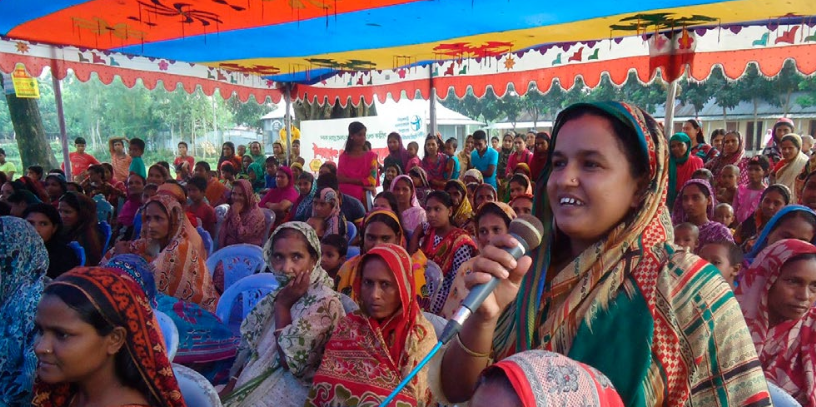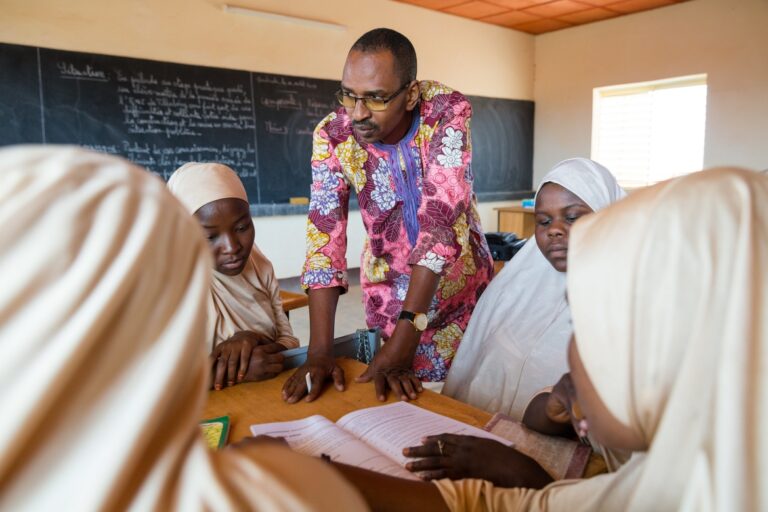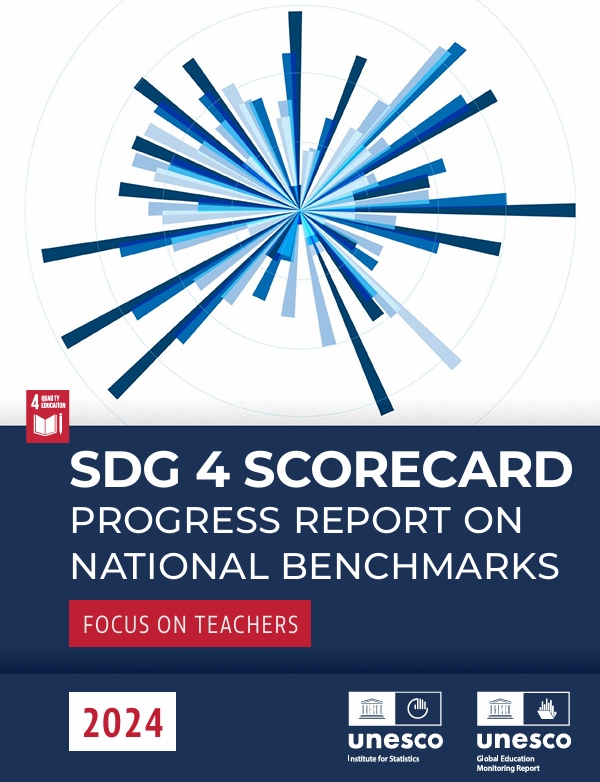Six case studies from Asia and the Pacific look at how open school data can create a more transparent and accountable education system.
The UNESCO Institute for Educational Planning (IIEP-UNESCO) has just published six case studies from Asia and the Pacific to inspire and inform open school data policies in and beyond the region, and to empower citizens to fight corruption in education.
From Australia, Bangladesh, India, Indonesia, Pakistan, and the Philippines, the case studies look at a range of school report card initiatives (both government-led and citizen-led) to create a new evidence base for more informed policy-making on how to use school-related data to create a more transparent and accountable education system.
They look at who publishes school data, what type of data is published, and the level of accessibility and use by various stakeholders. Each case study also draws from a survey of some 250 school-level actors to understand how users of school data currently interact with various school report card initiatives. The case studies conclude with a number of recommendations for more effective school report card design and implementation.
For any queries, please contact Muriel Poisson
For more information on ethics and corruption in education,
visit etico.iiep.unesco.org
CONTINUE READING AT AUTHORS WEBSITE >>












